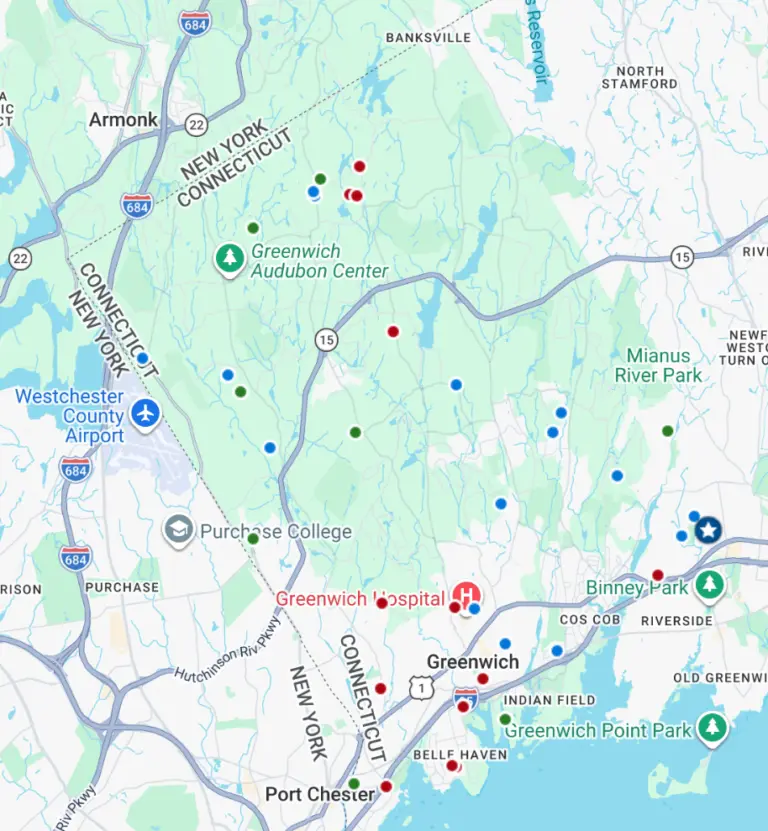
By Drew Williams
Why must people say that things will get worse before they get better? What am I supposed to do with that? Am I supposed to smile and say, “Well thank you for your timely words of wisdom and inspiration. I was feeling pretty terrible, but your dour words of doom, gloom, dark despair, and misery have really lifted my spirits!” Regretfully, however, I suspect that we all know that sometimes…it’s true. We can all recall those moments when we were at our wits’ end, already wearier than we had ever been in our lives, struggling with more than we had ever before had to cope with — and then at just the wrong moment, our circumstances plummeted to new depths! We thought we might just have made it through the storm, only to find that the fragile peace we were clinging to was, in fact, situated right in the eye of the storm.
This brings me to the apostle Peter and to an actual storm on a lake (see Matthew 14:2233).
We are told that Jesus made the disciples get into the boat (Matthew 14:22). At the time, they probably did not think too much about that — but later, when they had finally made it through that stormy night, they might well have speculated amongst themselves, “Hang on a minute, if Jesus has the power to walk upon stormy water, then it would not be unreasonable to assume that He had the power to anticipate the storm. So, it follows that He must have knowingly sent us, exhausted and weary…into the storm!” Why would Jesus do that? I wonder if this has something to do with trust?
Trust is not a passive state of mind. I have found it to be a spirit-fueled, red-blooded, gritty act of the soul by which I have the freedom to choose to lay hold of the love of God. I am talking about those moments of crippling loss, disappointment, shame, grief, tragedy, sickness, pain, addiction, sin, and so on. Of all the life events that might fall into this category, C.S. Lewis wrote, “When I lay these questions before God, I get no answer. But a rather special sort of ‘No answer.’ It is not the locked door. It is more like a silent, certainly not uncompassionate, gaze. As though He shook His head not in refusal but waiving the question. Like, ‘Peace, child; you don’t understand.’”
Much later than the disciples were undoubtedly hoping, Jesus finally shows up in such a manner that at first they don’t even recognize Him. My experience is that, very often, Jesus shows up in a way that I was not expecting at a very unexpected hour (and often — at least by my estimation — at the very last moment!). And yet, to say that I trust Jesus means that I have to jettison my expectations, all my private little theories that satisfy my intellectual pride that would tell me that I have Jesus completely figured out. Perhaps the real lesson is that I must trust God to provide what He knows is best and at whatever time He chooses to make it available.
Back to the storm on the lake, it would also appear from the text that Jesus is pleased when we ask Him for impossible things. Jesus is standing about ten feet away from the disciples on the tumultuous, unruly waves, as if they were granite. And Peter asks if he could join Him. Do you think that this would have been your first request of Jesus? Is it possible that we have never knowingly encountered the power of God’s love because we have never asked to know it — by which I mean really asked?
Jesus may have admonished Peter for having “little faith” (Matthew 14:31), and yet I cannot help but hear Him speak these words with affection. After all, was not Peter a giant of faith in comparison to the quaking souls of the other disciples, who clung to their oars and stayed put in the boat? This part of the story illustrates a profound mystery — that God in His sovereignty collaborates with our initiative. “Peter answered him, ‘Lord, if it is you, command me to come to you on the water.’ [Jesus] said, ‘Come.’” (Matthew 14:28-29).
And at Jesus’ invitation, Peter exercised his fledgling faith and, for a brief moment, walked on water. No doubt we all recall that when Peter took his eyes off Jesus he sank like a rock. (Matthew 14:30). But I have come to see that Peter’s subsequent cry to Jesus to rescue him is a much more important part of this story. His cry for help illustrates that, for the second time that night, Peter knew where the power to uphold him dwelled. “My soul clings to you; your right hand upholds me.” (Psalm 63:8).
In truth, for all of the disciples’ desperate fears of perishing, there was never a single moment in that storm when they would have been wrong to have trusted in Jesus’ power to show up and save them. From God’s perspective, His heart will always be to bring us, no matter what we are facing, to exactly this place of deep reassurance and trust. This kind of trusting doesn’t come naturally to me. So often it takes a spiritual crisis for me to take up His invitation to exercise this deeper kind of trust. And my suspicion is that God knows this!
Drew Williams is Senior Pastor of Trinity Church. Trinity Sunday services in Greenwich are at 9:15 and 11 a.m. at the Hyatt Regency Greenwich, 1800 East Putnam Avenue. Sunday services in Darien are at 9 and 10:30 a.m. at the Darien Library, 1441 Post Road, Darien. Visit trinitychurch.life



